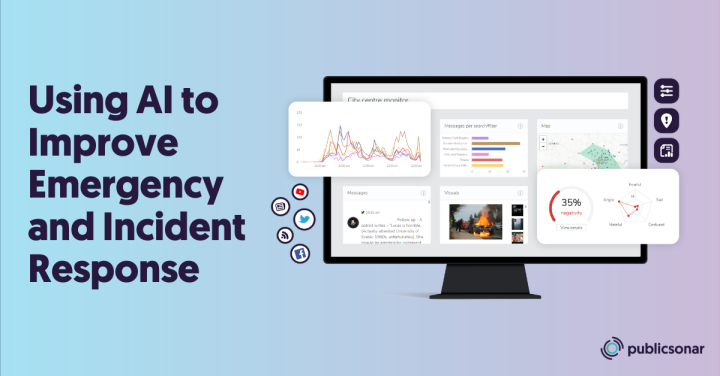Topic
Crisis/incident management & emergency response
Almost every organisation is going to face a crisis at some point, or has already faced various threats, risks and hazards. Crises are characterised by their disruptive nature and their challenge to the day-to-day management and procedures systems. For organisations to cope with these challenges, often both a crisis or incident management and emergency response posture are adopted. Crisis or incident management is a situation-based management system that generally follows a predetermined crisis- or incident response plan.
Generally, crisis management has two key components. Firstly, solving the crisis or emergency and secondly, solving the communication crisis. The first part is related to whatever is the cause of the crisis or incident and the consequent provision of a (technical) solution. Examples of crises and incidents are a cyber-attacks, operational accidents or sexual harassment charges. The second part is related to the public relations and communications challenges caused by the primary crisis, known as crisis communication. The main challenge for crisis managers is that there is only limited room to prepare for a crisis, due to the unpredictable nature of most crises. The unpredictability of a crisis, threat, risk or harm can also be referred to as ‘black swan theory’.
Related keywords: takedown services, crisis evaluation, crisis response, crisis preparedness, contingency planning, crisis management strategy, lessons learned, business continuity planning























